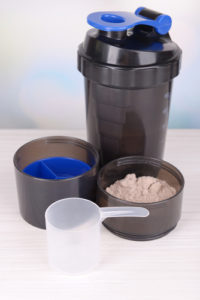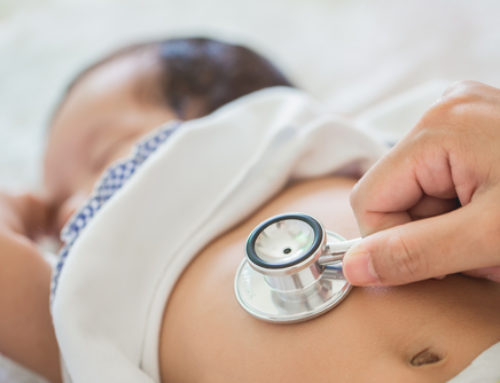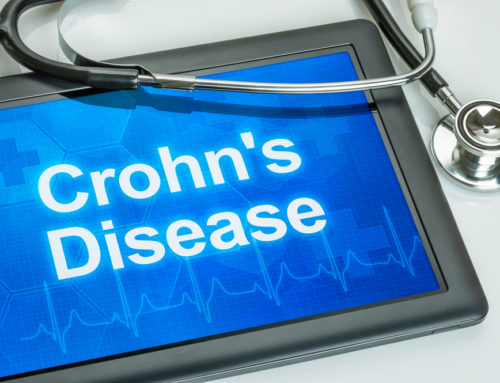 Last week, we reviewed the basics surrounding Crohn’s Disease in Pediatric Patients. Below, we will discuss the different options for treatment, and why patients have recently shifted from primarily medicinal to nutritional therapy.
Last week, we reviewed the basics surrounding Crohn’s Disease in Pediatric Patients. Below, we will discuss the different options for treatment, and why patients have recently shifted from primarily medicinal to nutritional therapy.
Until fairly recently, Crohn’s Disease was primarily treated with medications. An experiment in Europe, however, revealed that long-term treatment via polymeric formulas, such as Ensure, PediaSure and similar brands of meal-replacement, nutritional drinks, has proven to be very effective in treating Crohn’s Disease. Studies have been done comparing patients whose treatment was composed of medicinal therapy, and others with 80% of their caloric intake replaced with the supplemental formulas over a span of 6 weeks, and the difference in effectiveness was extremely minimal, so much as to say patients had equal levels of success in treating the disease.
Consequently, the benefits of nutritional therapy have boosted interest in transitioning from medicinal to parenteral nutrition (meaning it is absorbed through your veins rather than digestive tract.) In the United States, there are more and more physicians managing Crohn’s Disease with dietary adjustments and treatment. Additionally, patients have shown a higher interest in minimizing medications and transitioning to parenteral nutrition therapy. Many Inflammatory Bowel Disease Programs use a naso-gastric tube to pump the nutritional formula directly into the stomach throughout the day, managed by carrying a backpack to hold the supplemental device. However, the use of meal-replacement supplementary caloric formulas has increased over time.
 Many of our patients are able to eat one normal meal a day, and then consume the rest of their required daily caloric intake through nutritional formulas. There are some hurtles to overcome with nutritional therapy, especially in cases of social activities in which patients want to eat the same thing as everyone else attending said event, such as in a school setting. But, all of the potential issues that may arise in social situations can be resolved, especially if patients work closely with their nutritionist, and participate in support groups.
Many of our patients are able to eat one normal meal a day, and then consume the rest of their required daily caloric intake through nutritional formulas. There are some hurtles to overcome with nutritional therapy, especially in cases of social activities in which patients want to eat the same thing as everyone else attending said event, such as in a school setting. But, all of the potential issues that may arise in social situations can be resolved, especially if patients work closely with their nutritionist, and participate in support groups.
Contact Colorado Pediatric Gastroenterology today if you think your child has Crohn’s Disease, or if you want to transition from medicinal to parenteral nutrition therapy.





Leave A Comment